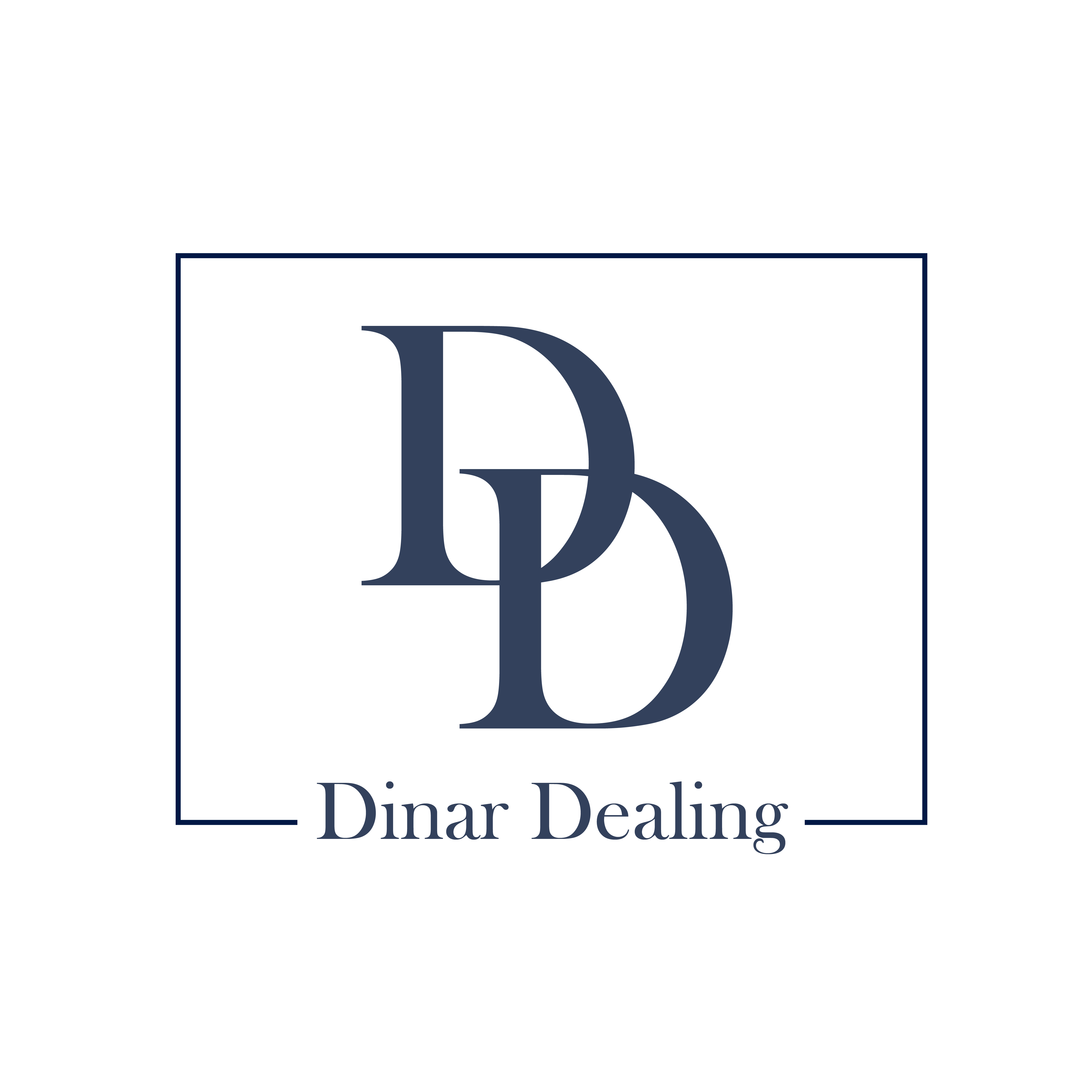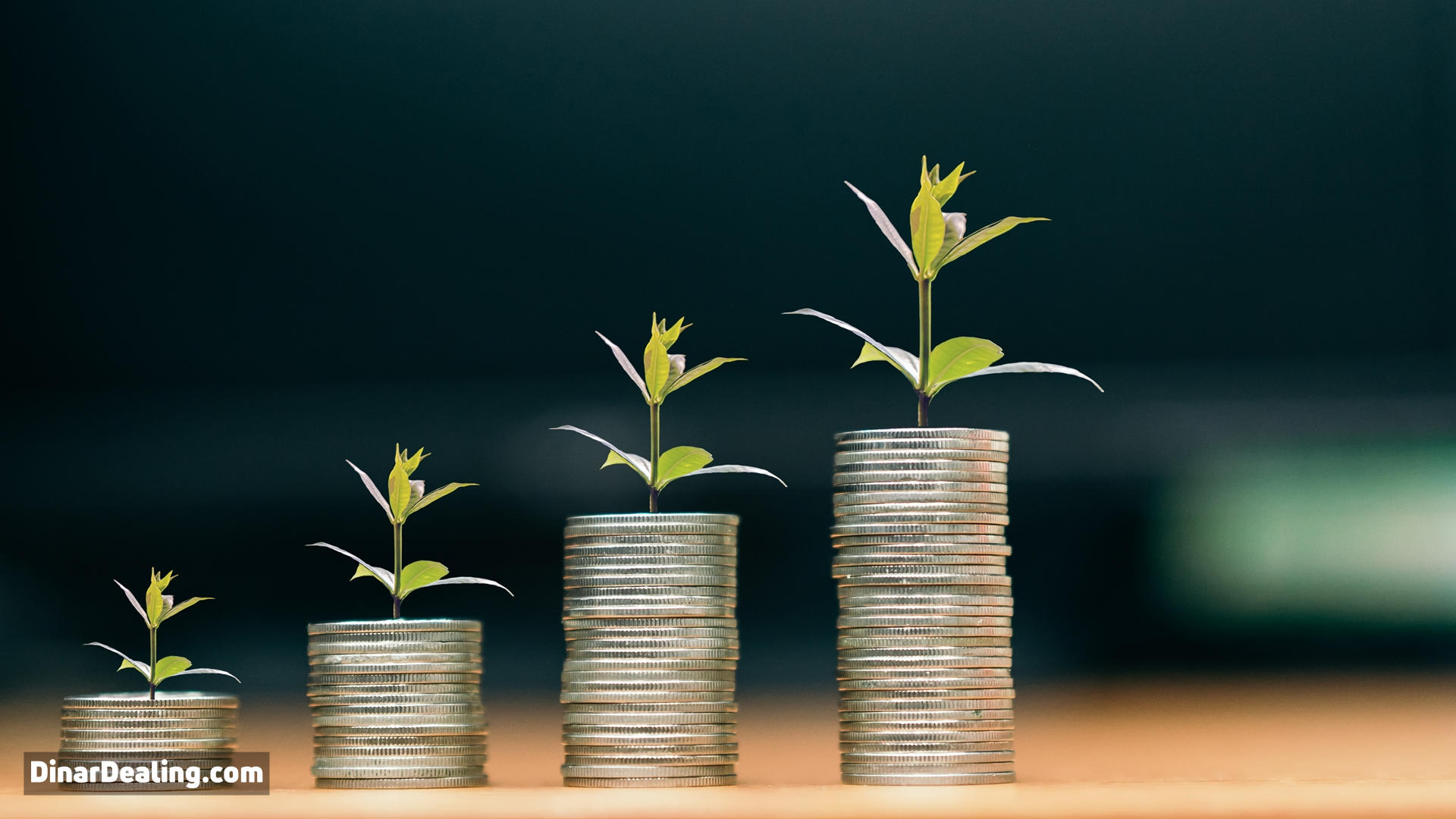Buying Iraqi Dinar (IQD) can be an intriguing investment opportunity, promising potential returns if the currency appreciates in value. However, navigating the complexities of purchasing IQD requires informed decisions to avoid pitfalls and make the process smooth. Here are five essential rules you must know to buy IQD without the hassle, ensuring you’re well-equipped to make informed choices.
1. Understand the Risks and Rewards
When considering purchasing Iraqi Dinar, the first thing to understand is the inherent risks and potential rewards. The investment relies heavily on economic conditions in Iraq, political stability, and currency markets. While some investors hope for substantial gains should the IQD revalue, it’s crucial to consider the high-risk nature of this speculation. The forex markets are volatile, and historical patterns show no guarantee of significant currency appreciation. By being fully aware of these risks and rewards, you can make informed decisions in line with your financial goals and risk tolerance.
2. Buy from a Reputable Dealer
Choosing a reputable dealer is vital to ensure you receive genuine IQD. Many unscrupulous vendors may entice buyers with promises of high returns or offer counterfeit notes. To avoid scams, conduct thorough research on potential dealers. Look for those with strong reputations, reviews, and proper certifications. Reputable dealers have transparent processes and comply with currency exchange regulations. Confirm the dealer’s legitimacy by checking their registration with relevant financial authorities. Avoid any dealer who lacks verifiable credentials or appears to operate under a false identity.
3. Verify the Authenticity of the Currency
Ensuring the authenticity of your Iraqi Dinar is critical, as counterfeit notes are prevalent. Authentic IQD notes have distinct security features, including watermarks, security threads, and unique serial numbers. Upon receiving the currency, scrutinize these security features and compare them with validated samples. If unsure, seek validation services from your dealer or currency experts. This step is essential to safeguard your investment and prevent any legal issues linked with possessing counterfeit currency. Genuine currency will protect your investment, and you’ll be prepared for any eventual revaluation.
4. Keep Abreast of Current Developments
Once you own IQD, staying informed about Iraq’s economic and political situation will guide your investment strategy. Regularly follow news updates, government announcements, economic reforms, and international relations involving Iraq. These factors can significantly impact the IQD’s valuation prospects. Joining forums and communities dedicated to IQD investment can provide additional insights and peer support. Active engagement with such communities can also offer timely advice on when to buy or sell based on unfolding events, optimizing your investment decisions and timing.
5. Have a Clear Exit Strategy
An exit strategy is crucial when investing in currencies like the Iraqi Dinar. Establishing clear goals for potential gains or acceptable losses upfront can prevent emotional decision-making. Consider scenarios under which you would liquidate your investment, whether it’s reaching a certain value, geopolitical shifts, or a predefined timeframe. Discuss options with financial advisors who understand currency investments. They can assist in crafting a personalized exit plan based on your financial situation. This structured approach ensures you maintain control over your investment journey and secure any gains strategically.
By adhering to these must-know rules, you can streamline the process of buying IQD and enhance your experience, minimizing risks and maximizing potential rewards. Thorough research, caution, and strategic planning will empower you to navigate the complexities of IQD investment confidently. As with all investments, never invest more than you can afford to lose, and consider consulting with a financial advisor for tailored advice.

